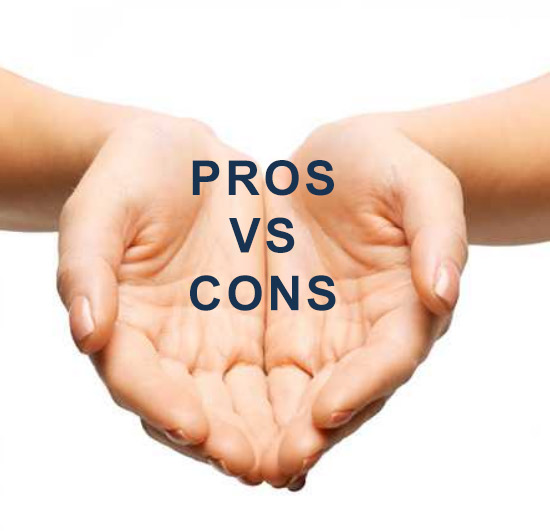
If you’re considering a consumer proposal to manage your debt, you’re not alone. About half of the people who come to see us initially choose this option for resolving their debt problem.
A proposal is an agreement between you and your creditors. It allows you to settle your unsecured debt on different terms then were originally intended. Usually, it’s based on a manageable monthly payment over a specified time, with the total being less than the actual amount you owe.
The main advantages of a proposal are that
- you know at the outset your total obligation,
- you can negotiate a manageable monthly payment plan, and
- you avoid the stigma of going bankrupt.
However, if it turns out that you can’t complete the proposal terms (for example, you lose your job or you budget poorly), there can be significant consequences. Here are the hidden costs of default you need to know about before you sign a proposal.
You’ll have to pay interest
When you file a proposal, the interest on your debt stops. If you later default on the proposal, you owe all the interest going back to the date that you filed the proposal.
The total cost of settling your debt may end up costing you more
When you default on a proposal, you normally end up going bankrupt. However, a bankruptcy is independent from a consumer proposal. The duration and cost of your bankruptcy are not influenced by the length of your defaulted proposal or how much you paid. So if you default on a proposal you could end up paying more to settle your debt than you would have if you had simply gone bankrupt in the first place.
You’ll pay for any increased non-exempt equity in your real estate
You may be paying off a mortgage at the same time as your proposal. With today’s low interest rates, a good portion of your monthly payments goes against the principal portion of the loan, increasing the equity in your property. This increase in equity, caused by your mortgage balance going down, can be a problem if you default on a proposal. Due to the increased equity, in order to keep the property, a later bankruptcy may increase your overall cost of resolving your debt issues. If you live in an area where property values are rising, this issue could be even more significant.
Your credit rating will be affected for a longer period
While you’re making monthly proposal payments, your credit rating (R7) reflects that you have negotiated an agreement on how you intend to settle your debt. After completing your proposal, for the next three years your credit rating will indicate that you successfully completed the settlement agreement.
However, if you default and are forced to go bankrupt, your credit rating will reflect the bankruptcy (R9) for six years after the bankruptcy completes.
The bottom line?
If you choose a proposal to deal with your debt, you need to be confident that your creditors will accept the proposal and that you can make the payments. A trustee can help you consider the risks and set terms that will help you succeed in making all your payments.
Although a proposal can be flexible in terms of the payments, it’s important to draft payment and default terms that increase the likelihood of you completing the proposal. If the proposal terms seem too tight, it may be better to consider going bankrupt and avoid the risk and cost of a defaulted proposal.
For a free initial assessment of your financial situation, call R. West & Associates at 604-591-7634.
